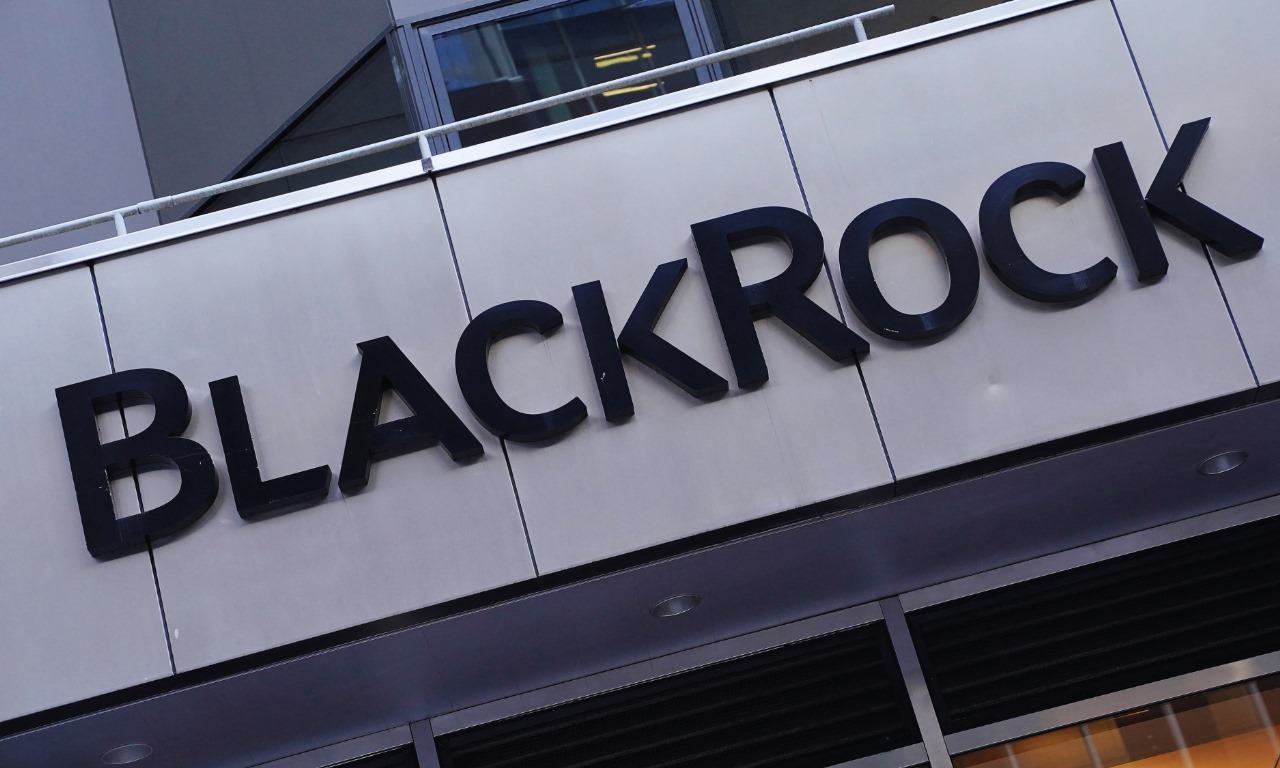Net-Zero Unraveled: BlackRock’s Exit Shakes Climate Finance Coalition

The flagship coalition focused on aligning the asset management industry with global climate goals announced the suspension of its activities following the departure of BlackRock, the world’s largest asset manager, amid political pressure in the U.S.
BlackRock’s Withdrawal and Its Impact
BlackRock, managing approximately $11.5 trillion in assets, exited the Net-Zero Asset Managers (NZAM) initiative on January 9, citing confusion around its climate policies and legal inquiries from public officials.
This decision followed sustained pressure from Republican politicians questioning BlackRock’s stance on fossil fuel investments.
Concerns have mounted as President-elect Donald Trump prepares to assume office, potentially increasing scrutiny.
The NZAM coalition, before BlackRock’s departure, boasted over 325 signatories collectively managing more than $57.5 trillion in assets.
However, BlackRock’s exit highlights growing challenges in maintaining a united front among asset managers on climate goals.
Review and Suspension of NZAM Activities
In a letter to its members, NZAM’s partner groups announced a review of the initiative to adapt to the evolving global landscape.
The letter noted, “Recent developments in the U.S. and different regulatory and client expectations in investors’ respective jurisdictions have led to NZAM launching a review of the initiative to ensure NZAM remains fit for purpose in the new global context.”
During this review, NZAM will halt activities related to tracking signatory implementation and reporting.
The group has also decided to remove its commitment statement, signatory list, and associated targets and case studies from its website until further notice.
Contagion Effect: Avoiding Broader Disruption
NZAM’s decision to pause operations reflects efforts to prevent the type of instability seen in other climate-focused groups, such as the Climate Action 100+, which lost members due to concerns about independence rather than political pressure.
Republican officials in the U.S. have intensified scrutiny of environmental, social, and governance (ESG) practices in investment decisions.
This includes inquiries from the Republican-led U.S. House Judiciary Committee and a lawsuit from Texas and 10 other Republican-led states accusing asset managers of curbing coal production and driving up energy prices.
NZAM members have been encouraged to support the internationally agreed goal of limiting global warming and achieving net-zero greenhouse gas emissions by 2050.
BlackRock’s Broader Regulatory Challenges
BlackRock’s exit from NZAM underscores a larger struggle to balance climate commitments with mounting political and regulatory challenges.
BlackRock Vice-Chair Philipp Hildebrand explained the company’s departure in a letter, stating that NZAM membership had “caused confusion regarding BlackRock’s practices and subjected us to legal inquiries from various public officials.”
Republican-led states, including Texas, have accused BlackRock, Vanguard, and State Street of promoting a “politicised environmental agenda” that allegedly restricts coal supply.
Furthermore, BlackRock faces legal and regulatory challenges related to its large stakes in banks.
The Federal Deposit Insurance Corporation (FDIC) has called for “passivity agreements” to ensure compliance with regulations governing major shareholders’ influence on management decisions.
While Vanguard reached an agreement with the FDIC in December, BlackRock’s negotiations remain stalled. The FDIC extended BlackRock’s compliance deadline to February 10, aligning with the Trump administration’s upcoming tenure.
Broader Industry Shift
The challenges facing NZAM and BlackRock reflect a broader trend of financial institutions distancing themselves from climate and diversity programs under pressure from conservative critics of “woke capitalism.”
Vanguard withdrew from NZAM over a year ago, and several major Wall Street banks have exited the Net-Zero Banking Alliance in recent weeks.
Despite these challenges, some investors remain optimistic about the market outlook.
Wall Street’s S&P 500 benchmark surged to record highs last year, with strategists predicting a 10% gain for 2025 driven by strong corporate earnings.
However, the divide between market optimism and economists’ concerns about President-elect Trump’s policies, including trade tariffs and immigration curbs, remains stark.
Investors seem to bet that Trump’s plans will not fully materialize, focusing instead on earnings growth potential.
Evan Brown of UBS Asset Management noted, “Investors, rightly or wrongly, are betting that Trump won’t follow through to nearly the same extent.”









